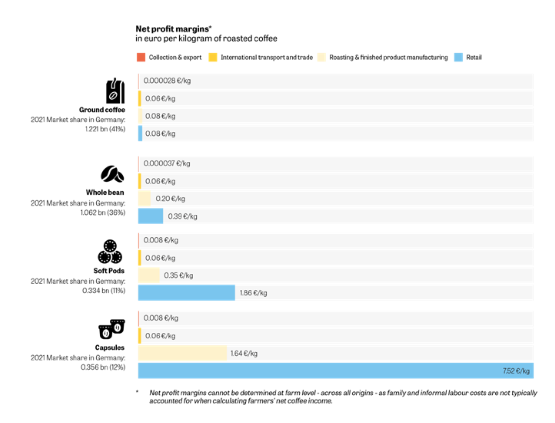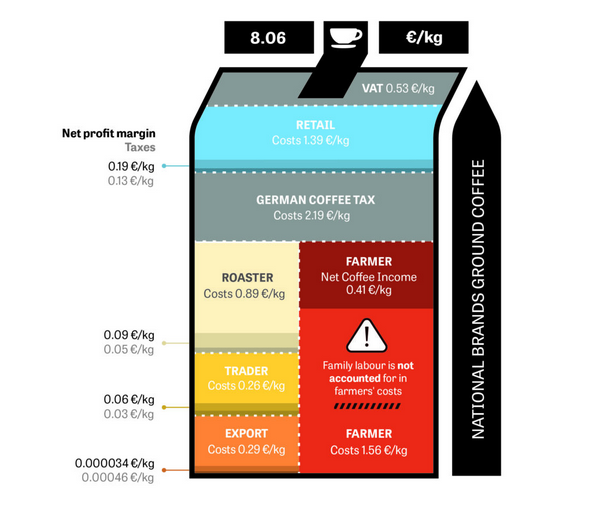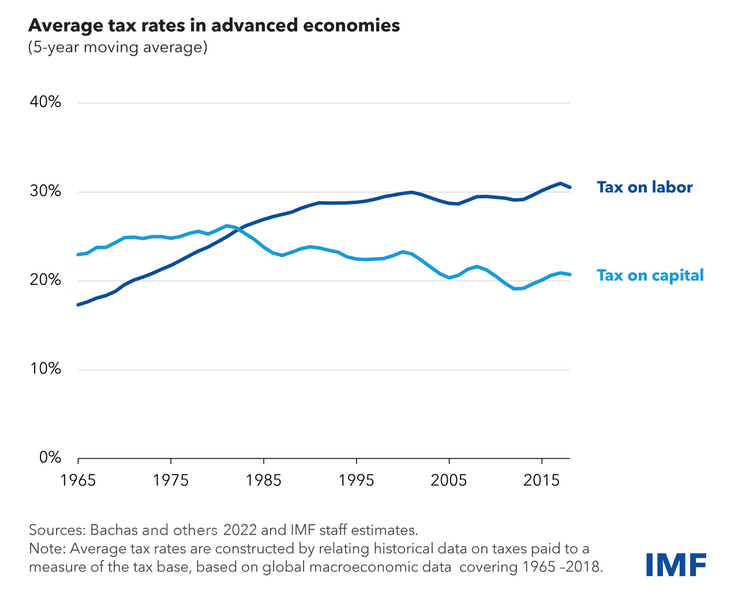June 21, 2024
NOTE: Please feel free to pass these posts along to others. I only ask that it not be posted on social media.
Drowning in plastic
Propublica has a very good article on plastic and the myth of recycling. My worry about articles like this is that instead of people reducing their plastic consumption or demanding that politicians invest in public plastic programs, they just get cynical about recycling programs and throw their plastic in the garbage.
You have probably seen the new ads or reports that seem to point to new advances in plastic recycling. Chemical or biological "answers" to plastic waste are pushed up on social media and legacy media threads.
It is all a massive campaign by oil and gas companies. They are worried that people will realize the world is awash in the stuff, that it is toxic, and that somehow companies will be held responsible for their products.
The economics of plastic production is linked directly to oil and gas production. The plastics and chemicals we use are pertroleum byproducts. It is very difficult to reduce the production of plastic inputs (like benzene) while sustaining the production of oil and gas as usable fuels.
Essentially, we have too much plastic because we extract and burn too many hydrocarbons.
Like many problems under capitalism, this one exists on the production end of the system. Overproduction makes plastic extremely cheap, leaving no space for alternatives.
There are alternatives, of course. But they are more expensive, especially when we consider that companies pay for none of the pollution their products produce.
This is one reason why carbon markets never work to reduce the production of these products.
The only solution is building up alternative in spite of their higher cost. That is some tricky economics; it requires subsidies that do not destroy the future, involving actually existing current value and money.
Bats and birds are dying from heat in India
In Kanpur, Uttar Pradesh, wildlife is succumbing to the heat wave in large numbers.
In what can only be described as a scene from a horror film (or, if you prefer, real life, now that we are dealing with climate change), large swaths of forest now contain bats hanging dead from trees, birds falling from the sky, and groups of monkeys dead on the ground.
"When the temperature in Kanpur hits 44 to 45 degrees Celsius, bats experience it as 47 to 48 degrees. Their suffering is compounded by the lack of accessible water sources, leading to heatstrokes," Dr Singh said. (IT)
Uttar Pradesh reporting a maximum temperature of 47.6 degrees Celsius on Tuesday. (TH)
Power consumption hit an all-time high at the peak of the heat wave, with 90% of thermal capacity coming from coal and the rest from gas. This is despite India's north supposedly having 30% of its installed capacity in solar and wind.
The conditions and lack of investment in necessary infrastructure means that this 30% cannot be used during heat waves.
Water
It is not just poorly supported infrastructure in and around Alberta that is causing people to go without water.
From India's Bangalore to Mexico City to Bogotá, Colombia, cities are running out of water. Bogotá (population 7M) has had to suspend drinking water for 24 hours every nine days for two months now after the reservoir went below safe levels this year.
While the news points to how resilient citizens are in adapting to climate change by saving and storing water during times of flood to withstand droughts, that's not really an answer.
Our infrastructure is precarious and not designed for the current situations. More money is needed for public investment, but the companies that own this infrastructure were promised profits, not liabilities. They have no interest in acknowledging the situation. And that is when they are not profiting from these crises by selling access to water that has been restricted, as happened in Mexico.
Emilio Azcarraga, chairman of Mexico’s top broadcaster Grupo Televisa SAB and an avid cyclist, has a home in Valle de Bravo. On his rides around the mountains, he’s observed water trucks filling up with lake water to sell later. (BN)
Canada's EV tariffs are about to go up
Tariffs on Chinese EVs are going up. This as car makers delay investment in their own EV production and Canada delays rolling out charging infrastructure.
It is hard to see how we can move forward unless auto manufacturers make cars that maximize affordability, rather than per-unit profits.
The auto industry's current program does not represent the correct development cycle for transitioning to electric.
As previously stated, the policy drive to skip over hybrid vehicles in our move from petrol to electric vehicles is incomprehensible – unless we take into account automakers' profits. Capitalism's need to maximmize profitability at all costs results in countless social dysfunctions.
Coffee
In what can only be described as reliving the 90s, the coffee industry's farm representatives are demanding a fairer trade. It seems we have waffled back to the time when farmers were not getting any of the profits that flow through the supply chain.
This after the broadening of fair trade coffee programs, cooperative and state-supported centralization of marketing boards and exports.
The reason? Imperialist capital has found that exploiting changes in legislation in the EU to certify that supplies are environmentally ethical has allowed them to undermine fair distribution of profits to farmers.
The report above speaks to the German coffee market, but exposes the problems in the ownership of "certified" supply chains and who is made to pay for these certifications. The report points to unpaid "family labour", but for small coffee farms that simply means that total revenue is too low.
To no one's shock, pod producers are the worst at abusing farmers and jacking up prices from consumers to gain profits for their monopoly companies.


IMF and AI
The IMF is proposing not regulating AI directly through taxes, but increasing capital gains taxes, improving unemployment benefits, and taxing corporate profits to fund social offsets to the disruption AI/automation will cause to workers/societies.
We should always be a little wary when the IMF promotes policies that labour generally supports. In this case, it should be seen as the IMF acting against direct regulation of the implementation of productivity devices that lead to displacement of workers. The "other options" are just a red herring here.
We must do both. It isn't one or the other.
The other issue raised in the report is the tax incentives to replace workers with machines and the impact of neoliberalism on those tax policies.
